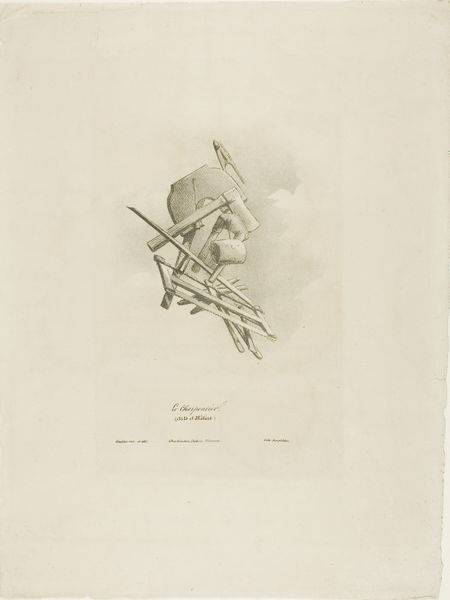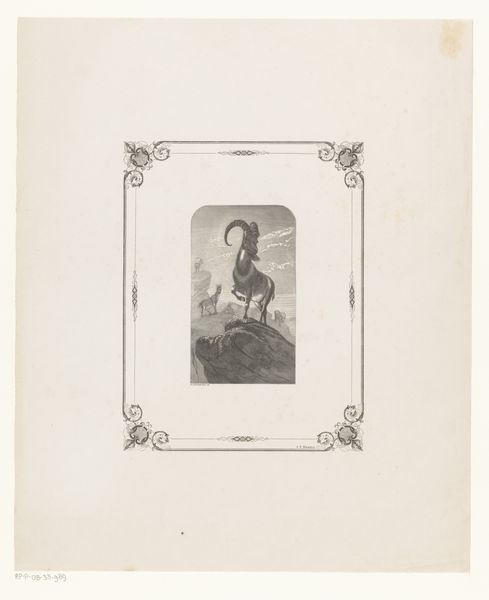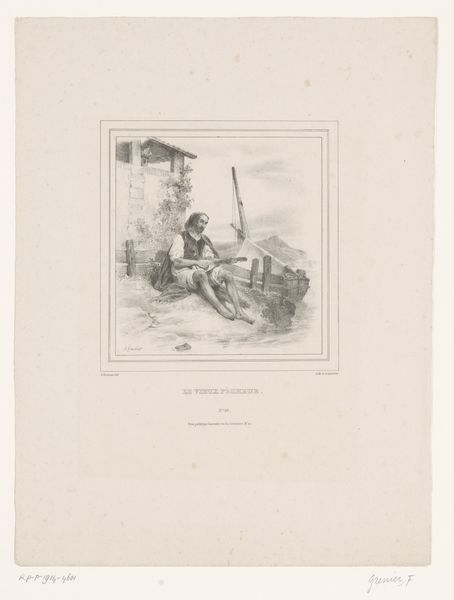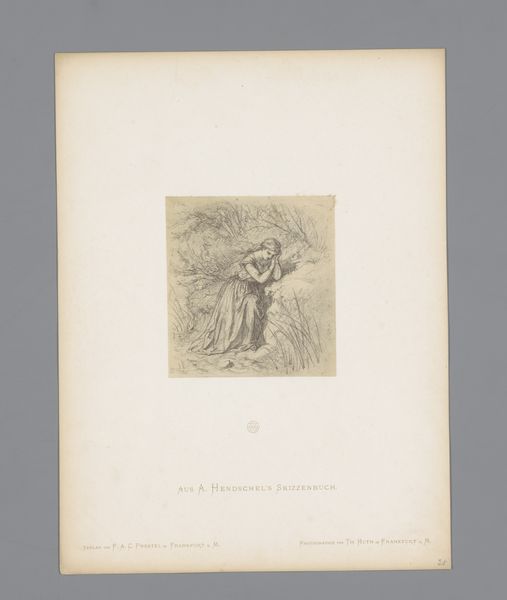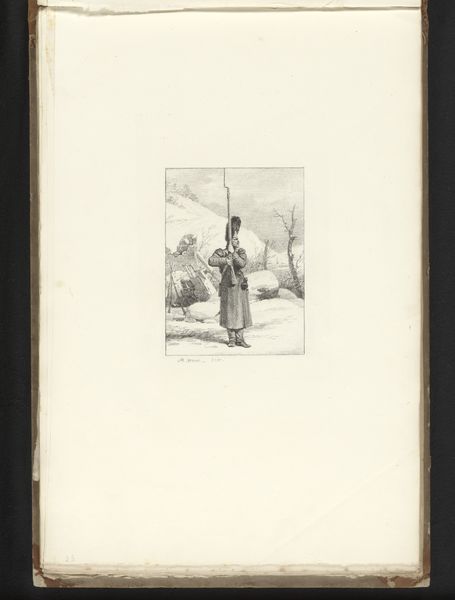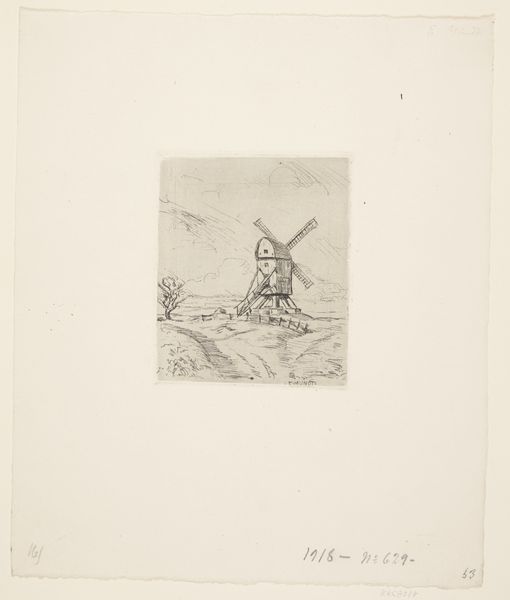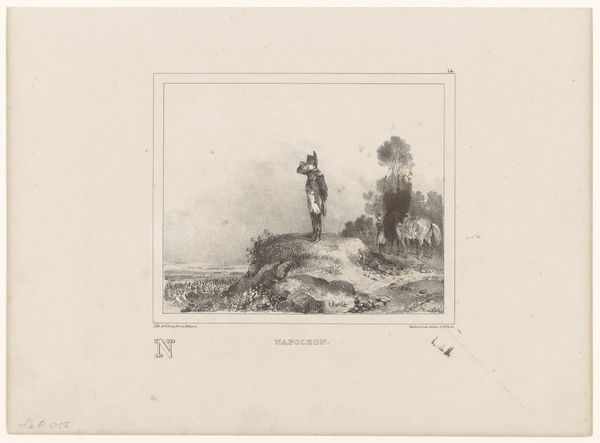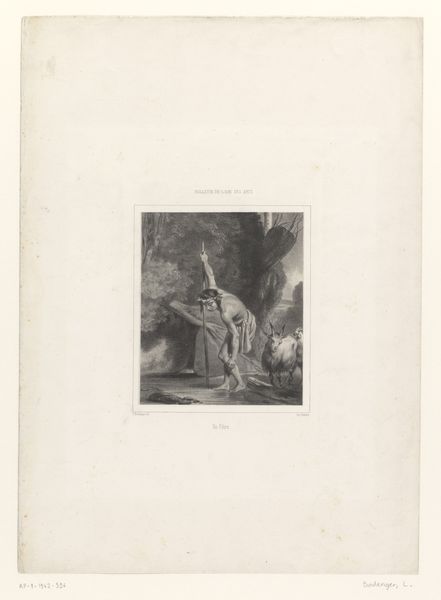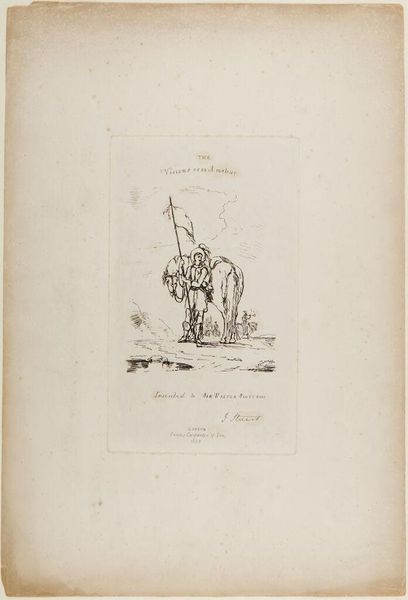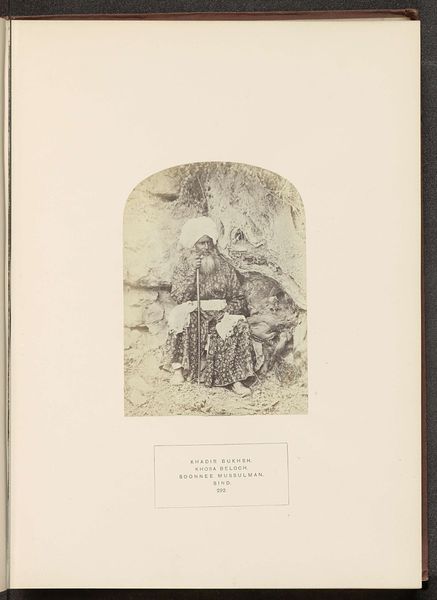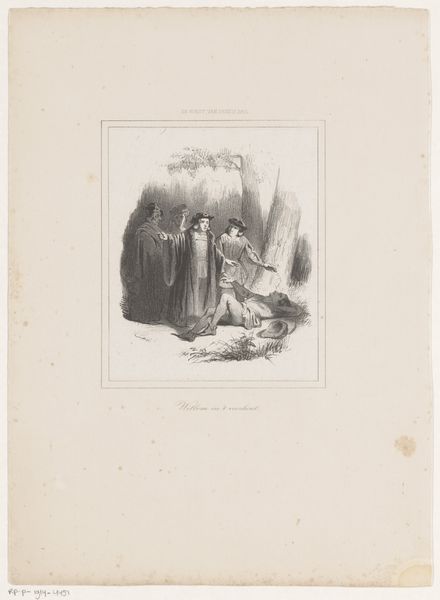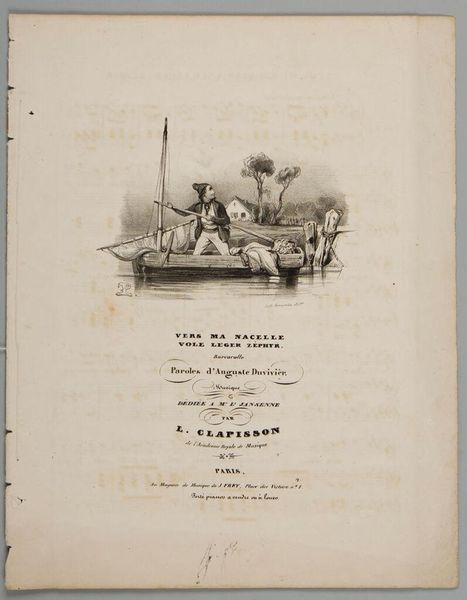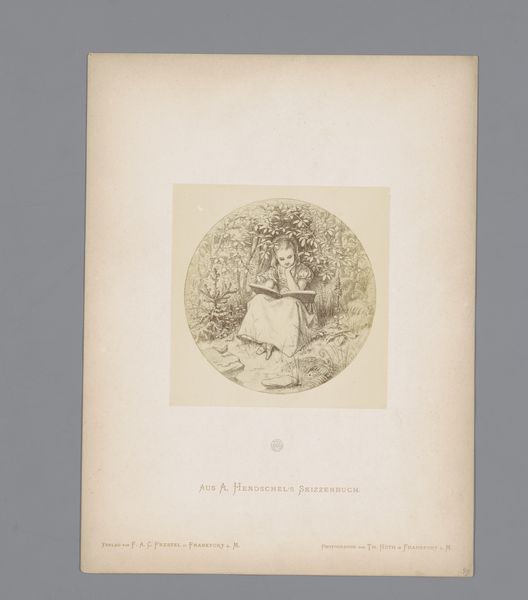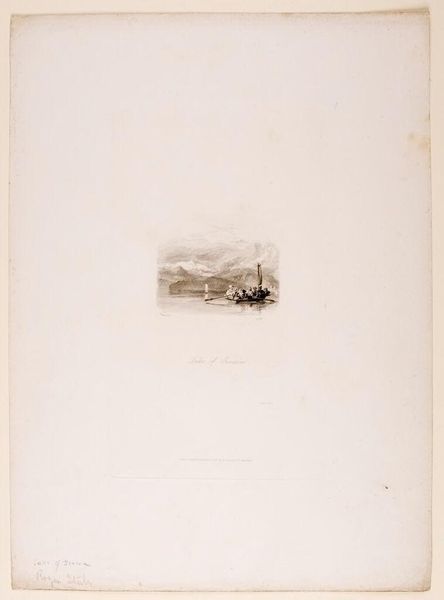
Fotoreproductie van tekening Landschap met twee molens c. 1875 - 1890
0:00
0:00
mauritsverveer
Rijksmuseum
print, etching, photography
#
photo of handprinted image
#
aged paper
#
toned paper
#
light pencil work
#
pale palette
#
dutch-golden-age
# print
#
etching
#
light coloured
#
landscape
#
photography
#
personal sketchbook
#
realism
Dimensions: height 291 mm, width 189 mm
Copyright: Rijks Museum: Open Domain
Editor: This is a photogravure of a drawing by Maurits Verveer, sometime between 1875 and 1890. It's called *Fotoreproductie van tekening Landschap met twee molens,* or "photoreproduction of a drawing, Landscape with two windmills." It looks like a very subtle rendering, almost ghostly with its pale, monochromatic palette. What symbols do you find at play within this artwork? Curator: The windmills immediately speak to the Dutch cultural identity. Beyond simple depictions of industry, they evoke notions of ingenuity, resourcefulness, and the taming of nature. Editor: So the windmills are more than just...windmills? Curator: Exactly. Windmills represented prosperity and a very particular relationship to the landscape. Think of their prevalence in Golden Age painting—their repetitive inclusion in artworks essentially brands national identity, wouldn't you say? Editor: That makes a lot of sense. It’s almost like seeing a flag or a national bird represented; a shorthand for the homeland. But it is interesting how the aged paper itself adds a layer to the visual and thus the cultural memory of the piece, doesn't it? Curator: Yes! It contributes a layer of visual palimpsest— the etching becomes a witness to time passing and invites introspection of the historical narrative itself, just as cultural memory invites recurring cycles of remembering and reinterpretation. Editor: Wow. I never considered the paper to be a conveyor of symbolism too! I see so much more here now, thank you. Curator: My pleasure! Consider, how might contemporary artists re-appropriate this windmill imagery, either to pay homage to this national heritage, or perhaps even to subvert it? It's fertile ground.
Comments
No comments
Be the first to comment and join the conversation on the ultimate creative platform.
